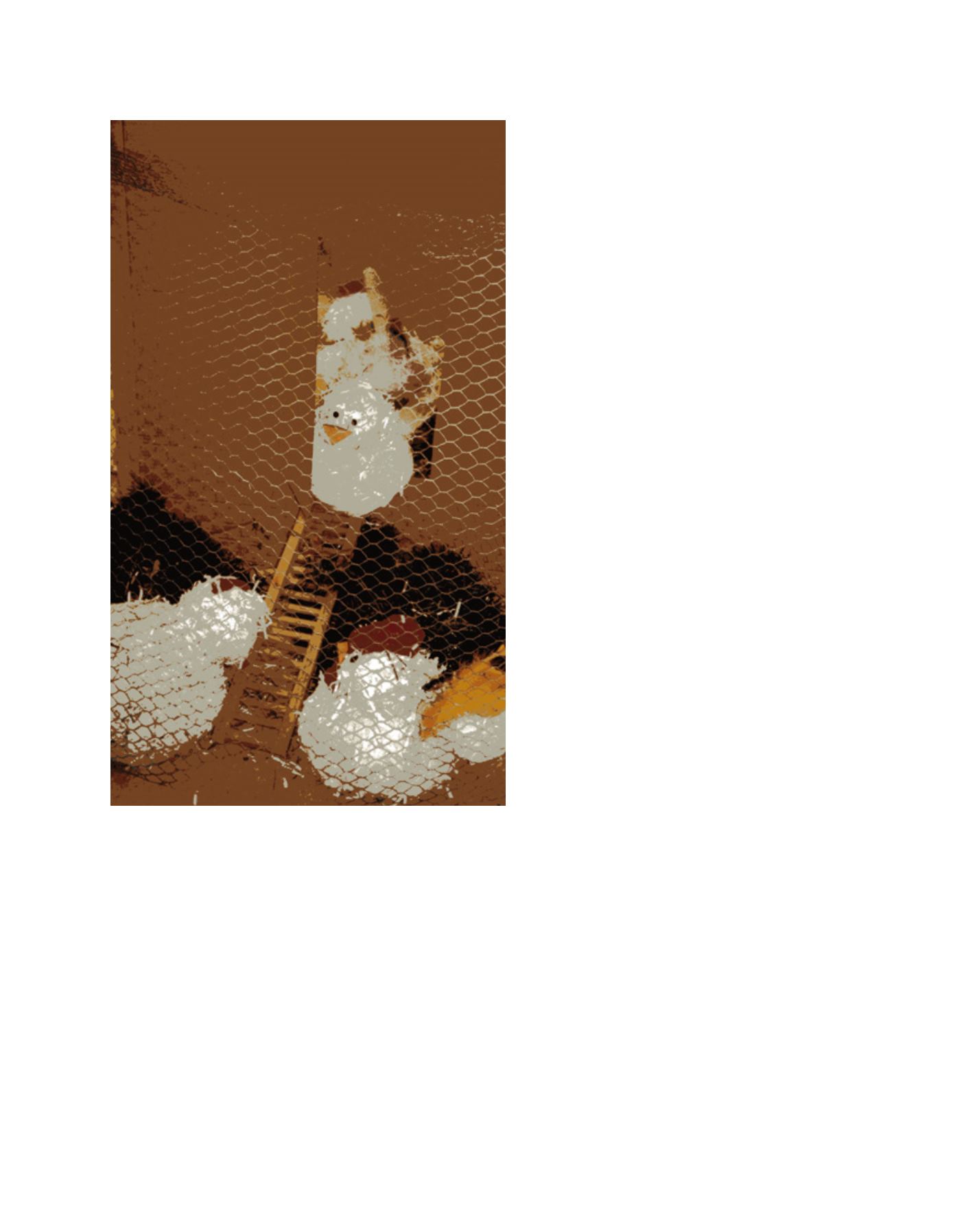

[
] 185
to the children understanding that they may not be able to eat
eggs as often if they cost more. Aside from this, children are
also part of a democratic process where they are actively affect-
ing something in their own lives. In particular, this is
not
about
frightening children or telling them about disasters that we adults
have caused, but about giving children a belief that they can
influence events, solve problems and find out new things. It is,
however, also about regarding children as capable individuals
who want to learn and be creative.
9
Begin today and influence young children
The experiences children meet in early years lay the founda-
tions for later well-being and school success or lack thereof. The
Effective Provision in Preschool Education project in the UK
has clearly shown how the quality of preschool makes a differ-
ence with regard to children’s later learning in school.
10
In a
Swedish study on the quality of preschool and chil-
dren’s learning, it was shown that three-year-olds
who have participated in preschools of high quality
are more skilled in early mathematics, language
and communication than their peers in preschools
of lower quality.
11
Another study of how the differ-
ences in economic circumstances affect children’s
development found one year’s difference in devel-
opment between rich and poor children already in
preschool.
12
The UNICEF (2008) report
13
comparing
25 OECD countries also refers to research showing
how early childhood education can compensate for
children’s lack of experiences in the family. There is
a lot of research supporting the idea of early educa-
tion, not only for the individual child, but also for
the development of the country.
14
This leads to the
question: “Is it a better strategy, for the development
of a country, to put money and competence into
early childhood education for all children than into
higher education for a few?” Twenty years from now,
the children of today will be the adults running the
world. “From the perspective of human rights and
the rights of children, it is important that all chil-
dren have the same access to quality provisions: early
childhood education and care can make an important
contribution in breaching the circles of poverty and
discrimination.”
15
On the political agenda, we already have the many
international agreements mentioned above. These inter-
national goals are more or less all related to children
and to questions of importance for ESD. The education
of young children is a key question for the world. Here
again, the quality of this education must be stressed.
17
What, then, is the advantage of early learning?
First of all, it means that all children can have the
chance to participate in early childhood education
programmes with educated staff. The main focus of
the programme should be ESD. This means that chil-
dren’s attention has to be directed towards questions
of importance for ESD, like environment, consumer-
ism and social relationships, aspects of ESD that can
be worked on early in school. This also means focus-
ing on democracy – as content and also as a way of
working with children.
18
The children’s participa-
tion and own actions are key features
19
that must be
included when planning early childhood education of
high quality.
20
Raising awareness of sustainability in
nature and society must be key content even in the
youngest age group.
Last but not least, high quality early childhood
education programmes involve accepting children as
individuals who make sense of their experiences in
communication and interaction with other children
and teachers. Or to put it another way, all chil-
dren should have the opportunity to participate in
formal early childhood education but with an infor-
mal approach to learning.
21
The title of this book,
Tomorrow Today
, applies more to the field of early
childhood education and ESD than to any other field.
Free-range ecological hens, indoors and outdoors. Preschool project, Värmdö, Sweden
Image: Göteborgs universitet
















